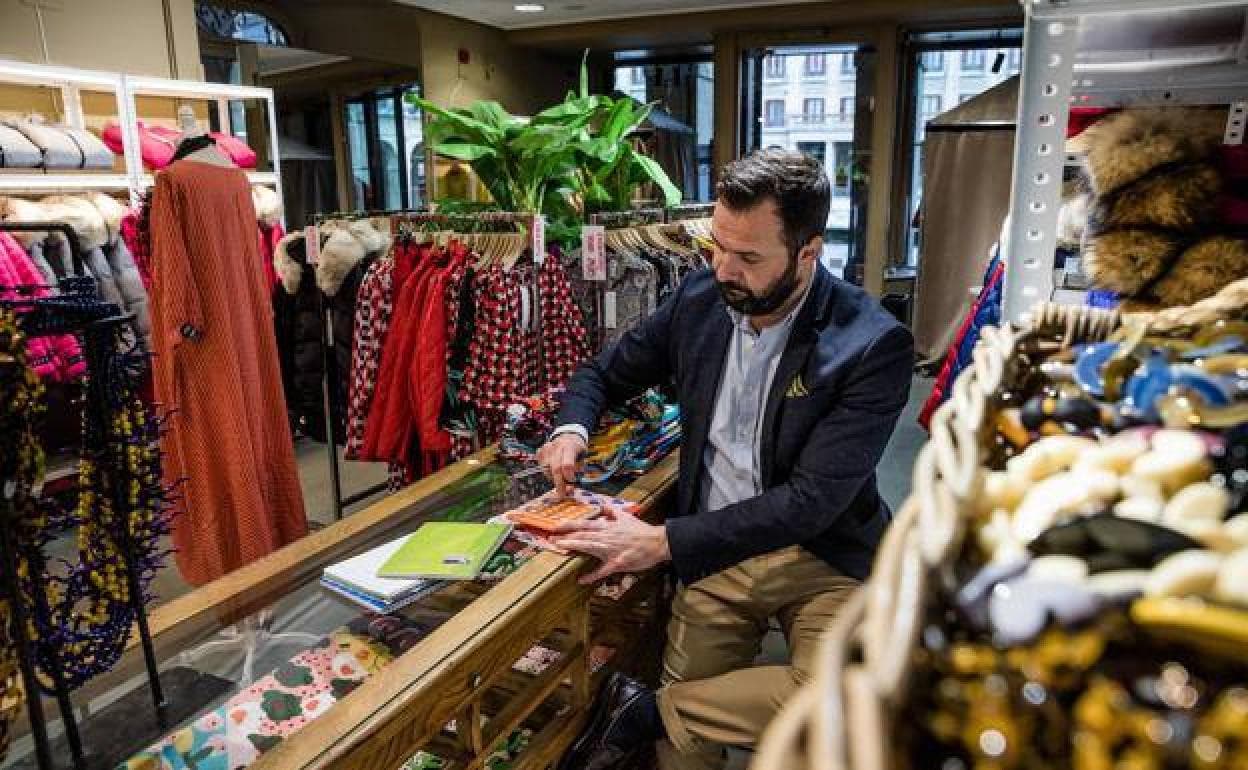Inflation is holding back consumer spending in Spain and some shops are selling 40 per cent less than in 2019
Retail sales fell by 3.3 per cent in July, and the sector is warning that businesses will close and jobs will be lost this autumn and winter
Edurne Martínez
Madrid
Wednesday, 31 August 2022, 16:12
Shopping has become more expensive in the past year. Electricity, fuel and the basic food shop are 10.4% dearer now than they were in August 2021, according to figures published by Spain's National Institute of Statistics (INE) on Tuesday. The same applies to clothing, although shops are not fully passing on their increased costs to customers.
Higher prices mean fewer sales. The figures show that sales fell by 3.3% in July, compared with the same month last year and by 0.7% compared with June. This is the biggest drop since March, even though July is the month when the summer sales begin and business is normally good. Retail sales have dropped for three consecutive months.
By sector, food sales dropped by 3.3% in July compared with a year previously, and other products by 6.6%. Small shops suffered most, with a reduction of 9.5%, followed by major chains (-4.5%), department stores (-1.5%) and small chains (-0.5%).
"Tremendously difficult" autumn and winter
Eduardo Zamácola, the president of the Acotex company, has said that in the textile sector sales are 40% down on 2019 figures and that the autumn and winter are gong to be “tremendously difficult” because of the soaring cost of raw materials, logistics and electricity.
"It is going to be very difficult to pass the extra costs onto customers, because they are not prepared to pay more for an item of clothing than they did a year ago,” he said.
The inflation statistics for July show that menswear costs 6.6% more than a year ago, women’s clothes are 5.2% more expensive and children’s clothes have gone up by 2.4%.
Job losses
Zamácola also criticised the government’s energy-saving measures, saying they are inconvenient for consumers and will lead to lower spending and lower profits for businesses, so shops will close and jobs will be lost. He wants the government to bring in measures which will stimulate consumer spending to ensure the survival of the retail sector
In fact, the INE figures for July show that growth in employment has already begun to slow down. There was a year-on-year increase of 2.4% last month, two-tenths of a percentage point less than in June.
